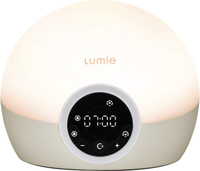Why am I so tired all the time? 15 possible reasons you're feeling exhausted
Your kids might not be the only reason you're feeling tired all the time
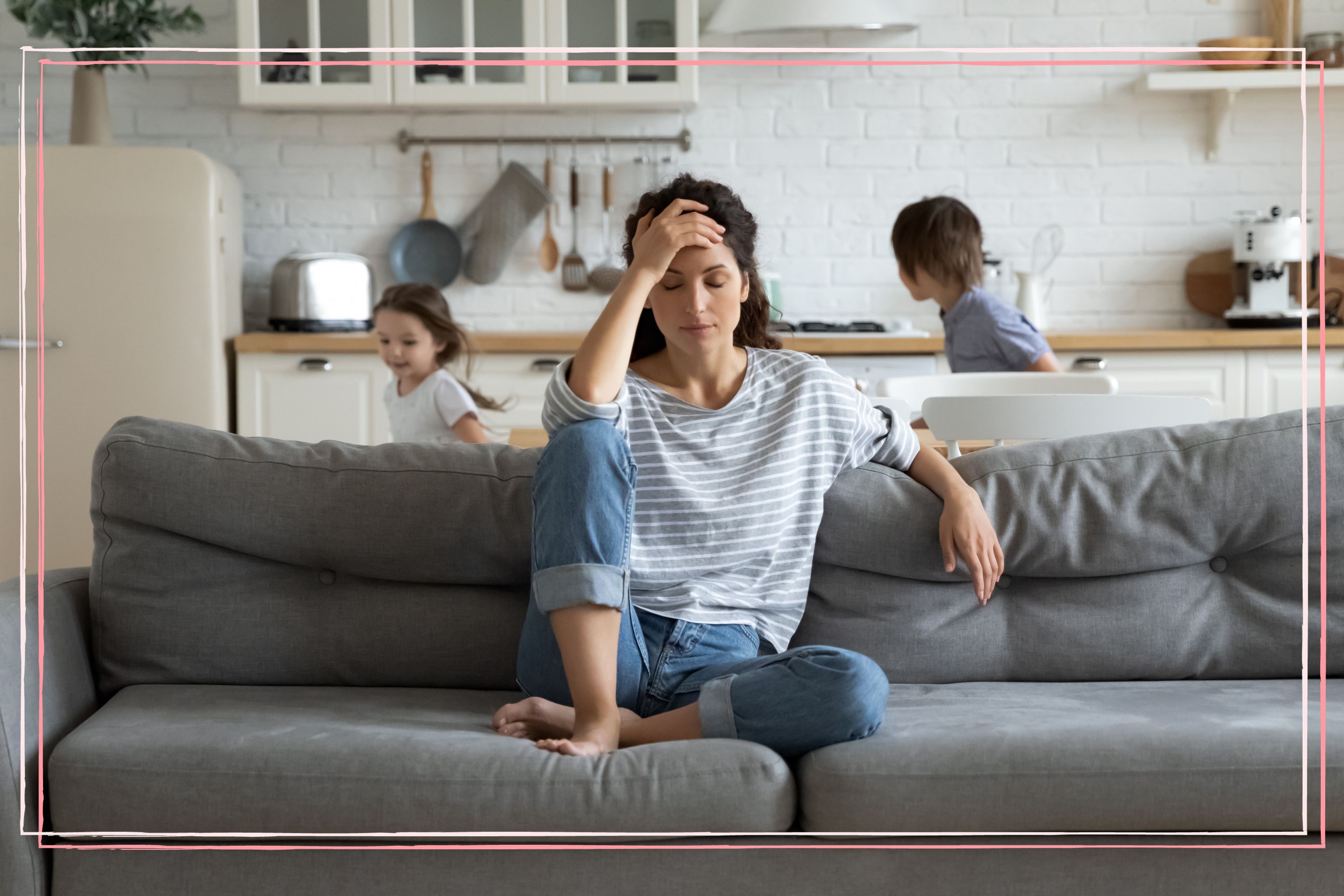

There are several reasons why you could be feeling so tired all the time - and not all of them are down to your kids.
Tiredness is a common ailment, especially among parents. Whether you're up in the night soothing your baby, have been run ragged all day by a hyperactive toddler or are kept up by worries about your teen's peer group problems, chances are that if you've got kids, you're dealing with a lack of sleep.
But did you know that feeling tired all the time is so common that the NHS has turned it into an acronym? 'TATT' is often linked to not getting enough sleep, which is accompanied by other issues like waking up too early and struggling to wake up.
If you're tired of feeling tired, we've asked the experts to explain some of the reasons your energy levels are struggling and provided a few ways you can give yourself a better night's rest, so next time your kids are keeping you up all night you've got some damage control measures.
Why am I so tired all the time? 15 possible reasons
1. Lack of a balanced diet
If you feel tired after eating and throughout the day, you might be suffering due to an unbalanced diet - and did you know there are even some foods that can help you sleep? Make sure you're getting your five-a-day and plenty of protein to help you feel more energised throughout the day.
Meanwhile, eating foods with high antioxidant levels, also known as superfoods, can improve your immune system and prevent you from feeling run down and tired. Common superfoods include fruit and vegetables, dairy products, melons, berries, dark and fibrous vegetables, whole grains and meat.
Nutritionist Kim Pearson adds, "Common deficiencies that can lead to tiredness include iron and vitamin D. Opt for iron-rich foods such as spinach, kidney beans, chickpeas or grass-fed red meat, and take a daily vitamin D supplement. Vegans and vegetarians may lack iron and B12, two key nutrients for energy."
GoodtoKnow Newsletter
Parenting advice, hot topics, best buys and family finance tips delivered straight to your inbox.
She says, "Vegans should take B12 and iron supplements, as well as vitamin D, while fussy eaters should consider a good quality multivitamin and mineral."
A lack of magnesium is another deficiency that could be to blame for a lack of deep sleep. “Low energy levels have been linked to low magnesium levels, as it’s needed to produce adenosine triphosphate (ATP), which is essential for energy,” nutritionist Rick Hay explains. When magnesium levels are low, it’s harder to stay asleep too. So, up your intake of magnesium-rich foods, such as green leafy vegetables, nuts and dark chocolate.
2. Too much exercise during the day
It's normal to feel tired after working out, but fatigue is something different and occurs when you don't fully recover from the exercise. It normally leads to people feeling drained and exhausted, especially during or immediately after exercise.
Doing too much exercise is a natural contributor to this feeling. Try to cut back on the hours spent in the gym or in the swimming pool, make sure you're fully hydrating after working out and restoring essential electrolytes, and be sure to get a good night's sleep after intense physical exercise.
Additionally, fatigue and exhaustion can occur when you don't fuel up and eat before a workout. Without carbohydrates to feed off during exercise, your body has to use its reserves of protein, fat and carbohydrates for energy - which can lead to you feeling tired.
However, remember that exercise is still important for your general wellbeing. “Fresh air and brisk walks are effective ways to boost your energy, as they get the heart pumping and increase your blood flow,” says GP Dr Roger Henderson. If you're a fitness fanatic, opt for workouts three to five times a week and be sure to schedule proper rest days inbetween.
3. Heavy periods
If you feel tired before your period starts, you could be suffering from a lack of iron or even anaemia.
The body uses iron to make hemoglobin, which is a protein in red blood cells that carries oxygen from the lungs to other parts of the body. It also helps to make myoglobin, another protein that helps to provide oxygen to the muscles.
A lack of iron means a lack of these two proteins and this makes it harder for oxygen to reach your tissues and muscles. Deprived of energy, the heart has to work harder to move the blood around your body which makes you feel tired.
You can also suffer from anaemia all month long, not just when you're on your period. Try eating foods that have a lot of iron in them like liver, baked beans and curly kale or taking supplements. Talk to your doctor or health provider if you are concerned.
4. Too much sleep
Too much sleep can make you feel tired when you wake up, as you're disrupting the body's biological clock. Otherwise known as the circadian pacemaker, this group of cells in the brain controls hunger, thirst, sweat and internal rhythms, including tiredness.
The pacemaker is triggered by light signals from your eye, telling your brain that it's daylight and morning has arrived. It then sends out chemical messages to the rest of the body to suggest it's time to wake up.
When you have too much sleep, the pacemaker is thrown off its regular schedule, which can make you feel fatigued. A 2018 study by the University of Western Ontario found that sleeping too much could have a detrimental effect on their brain.
To help combat this, sleep expert James Wilson (aka The Sleep Geek) recommends including natural light in your morning routine to help you feel more alert in the mornings. He says, "Having natural light earlier in the day helps your body to understand it is now daytime.
"It will reduce your lethargy and improve your alertness. This can be done by getting outside earlier in the day or using a sunshine alarm clock which has a light that rises like the sun and pulls your body out of sleep."
Lumie Bodyclock Spark 100 - RRP £99 | Amazon
This sunrise alarm clock wakes you naturally with light thanks to its 30-minute 'sunrise'. You can unwind with a fading sunset option too, which fades off or fades to a nightlight - a great option for children.
5. Waking up a lot in the night
A lot of us wake up in the night so briefly that we can't remember doing it. It makes us think we've slept right through but in the end, waking up more than five times a night can be the equivalent of losing an hour's sleep. There are plenty of reasons why you might be waking up in the middle of the night - and parents will know that having small children rarely equals an uninterrupted night's rest but you can try this simple technique used by registered nutritionist and army veteran, Rob Hobson to fall back asleep when you've been woken in the night.
Reportedly used by the US military in the past to help people to fall asleep in difficult circumstances: "This technique is said to work for around 96 per cent of people after practising for around six weeks," he says.
How to fall asleep in 2 minutes:
- Relax the muscles in your face, such as tongue, jaw and around the eyes.
- Drop shoulders as low as they will go, followed by your upper and lower arm, one side at a time.
- Breathe out, relaxing your chest then legs, working downwards from the thighs to the feet.
- Say ‘Don’t think, don’t think’ for 10 seconds to clear your mind.
6. Too hot or too cold in bed
If you're too hot or too cold to get to sleep, this is going to affect the quality of sleep you manage to get overnight. It's also going to leave you feeling less than refreshed come the morning.
In the winter, getting yourself to a comfortable temperature so that you can drift off can simply be a case of sleeping with an extra blanket or a hot water bottle, or you could have a hot bath before you go to bed. In the summer, however, it can be more difficult.
“Getting a comfortable night’s sleep can be more challenging during the hottest months” says Thom Hemelryk founder of the Drowsy Sleep Company.
"Increased temperatures make it harder for us to drift off and mean we toss and turn more than usual. But then sleeping with the windows open also increases outside light and noises that can keep us up."
Thom says the key to sleeping in the heat is regulating your body temperature, “Your body temperature naturally peaks in the evening and then drops when you are asleep. Even slight changes to your normal patterns can be disruptive. So it's important to be aware of your temperature patterns and prepare accordingly.”
He suggests these three hacks for summer temperature control:
- Invest in a good fan, it keeps the temperature down and blocks out external noise.
- Sleep with a light cotton sheet instead of a quilt. If temperatures really soar, try rinsing it in water to keep you cool.
- Don't sleep naked as this could actually make you hotter.
- Have your own bedding! In the winter it might be great to cuddle up to your partner to keep warm, but in the summer the heat from your two bodies can make you more uncomfortable. Regulate things by having separate bedding for both of you.
7. You need a new pillow or mattress
A new mattress should be purchased every seven-10 years. If yours is starting to reach the end of its life cycle, it could be impacting your sleep.
But before buying a new one, it's important to understand your own preferences and the different options available when you shop. Do you prefer foam or innerspring? How firm do you like your mattress? Your weight, preferred sleeping position and any back pain you have will also make a difference.
Meanwhile, your pillow is equally important for a good night's sleep - even if you go to bed early and think you're sleeping through until morning, your pillow could be undoing all this good work.
The right pillow will support your neck and spine and prevent back pain, while an old or uncomfortable pillow means that you'll toss and turn all night. This stops your body from getting the rest it needs, making you feel tired.
Pillow test: Place the middle of the pillow over your arm, if the sides hang down it's time to buy a new one!
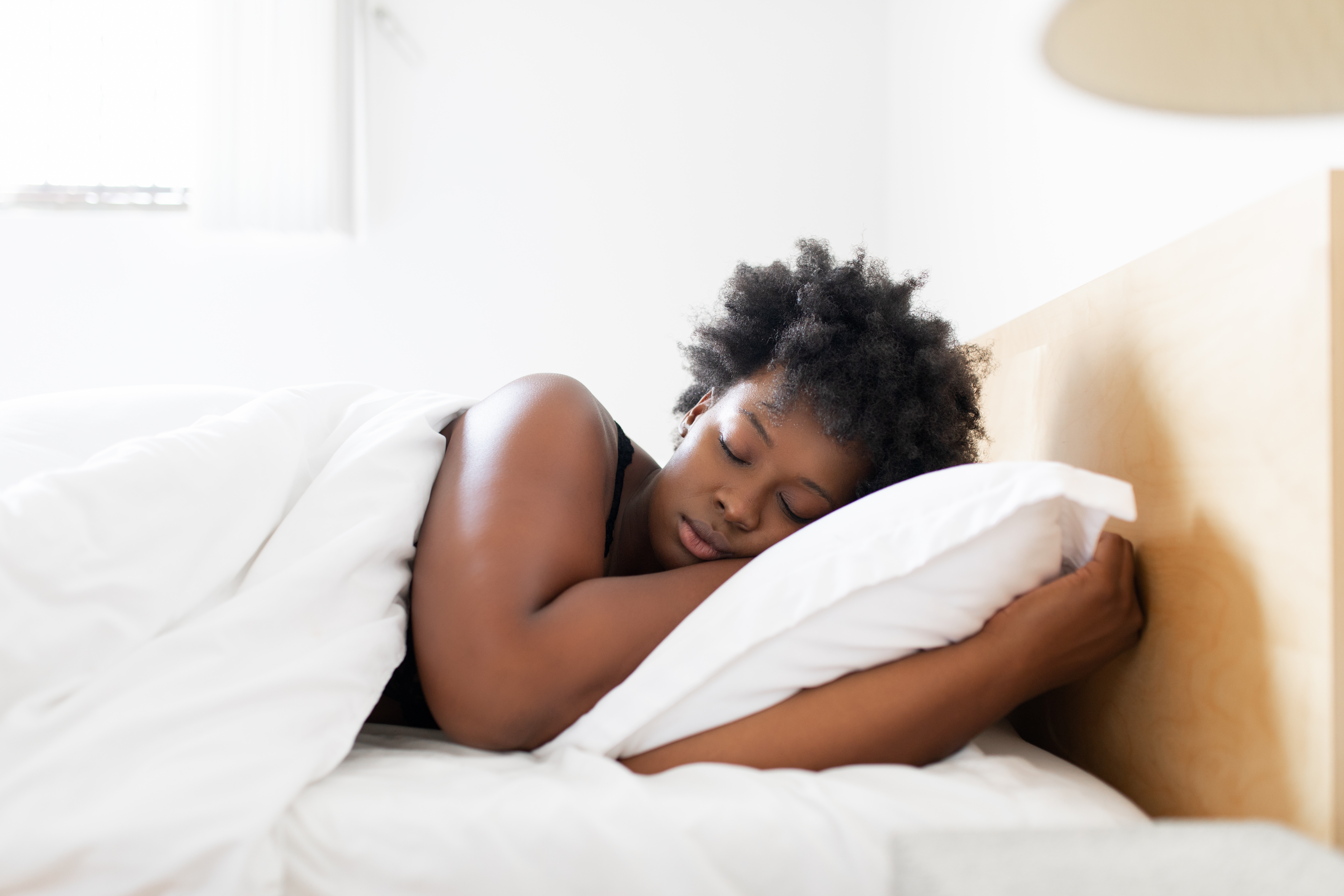
8. Smoking or drinking alcohol before bed
We often feel sleepy after drinking a lot of alcohol, so you're fooled into thinking it aids sleep. But actually, our quality of sleep is severely affected after having a few drinks and you'll feel tired the next day. Similarly, smoking the last thing at night can mean your quality of sleep suffers - even though you think you've had enough sleep. This is because, like alcohol, nicotine is a stimulant.
Drowsy's Tom Hemelryk explains, "Stimulants like alcohol, tobacco and heavy foods in the run-up to bed will disrupt the chemical balance in your brain needed for restful sleep." Why not try one of the best non-alcoholic wines instead?
And if you smoke, try to have your last cigarette at least four hours before bedtime. Nicotine patches or chewing gum can also affect your sleep.
9. Watching too much TV before bed
Rebecca Small, assistant medical director at Bupa, says, "Television, laptop and computer games can all stimulate the mind and therefore can prevent a good night's sleep. Reading, meditation and exercise such as yoga can have a relaxing effect, helping prepare your body for sleep."
Even having the light from street lamps come through your windows can disrupt your sleep, as the high-intensity LED light emits the same blue light as a screen, although it's a smaller quantity. The American Medical Association have even issued a warning about street lights.
"The blue light emitted from phones, laptops and TVs can delay the release of sleep-inducing melatonin by up to three hours,” adds Dr Vishal Shah, medical director at Thriva.
To avoid this blue light from screens, try limiting your TV watching and texting to an hour a night, and don't let it be the last thing you do before you go to bed. It's also a good idea to avoid using your bed for anything other than sleeping, so avoid watching TV in bed, or doing anything else like sorting out bills, making shopping lists or even arguing. Let your body recognise that when you get into bed it's time for sleep.
As for the street lights, invest in some black-out curtains to ensure that no light creeps through!
10. Spending too much time indoors
If you spend most of your day working in an office or from home, you probably don't get enough fresh air or sunshine.
Fresh air gives you a burst of oxygen while sunshine gives you vitamin D, and both these elements boost your energy levels and wake you up. They also boost your immune system, so you're less likely to get colds, bugs and other illnesses which make you feel run down.
"Consistent with previous research, we found individuals who spent less than or around 12 hours outside per week had higher odds of normal sleep compared to those who spent little to no time outside," explained a 2021 Kentucky-based study.
Try getting out of the office at lunchtime or going for a walk in the evenings when you've finished work. When it's warm enough, open windows and doors too to let the air and sunshine go through your house.
11. Certain medications
There are a lot of tablets and pills that can make you drowsy, such as antihistamines. Many of us don't automatically link the two, even if the medication lists drowsiness as a side effect.
If you're on medication, this could be making you more tired - it could even be a mixture of tablets which on their own wouldn't affect you but together they might.
Have another look at the leaflets you get with your tablets to check and if you're worried have a chat with your doctor, who might be able to suggest a solution.
12. Work and money worries
It's not new to us that worrying about our jobs and our finances makes us feel exhausted. However, a 2018 study has confirmed that work and money worries can also cause sleep problems, revealing that nearly one in three of us is having problems sleeping more than once a week. And those who took part in the study said work and money worries were the biggest problems when it comes to nodding off.
Try setting some time aside with your boss or manager to talk through your concerns if you're stressed about work. If you're feeling overworked or not supported, they should be able to help you.
Similarly, services exist to help you understand and overcome any monetary mental health issues - seek out Mental Health and Money's toolkit if you think it's relevant to you. Even a small step like this could make you feel more in control, helping you to get a better night's sleep.
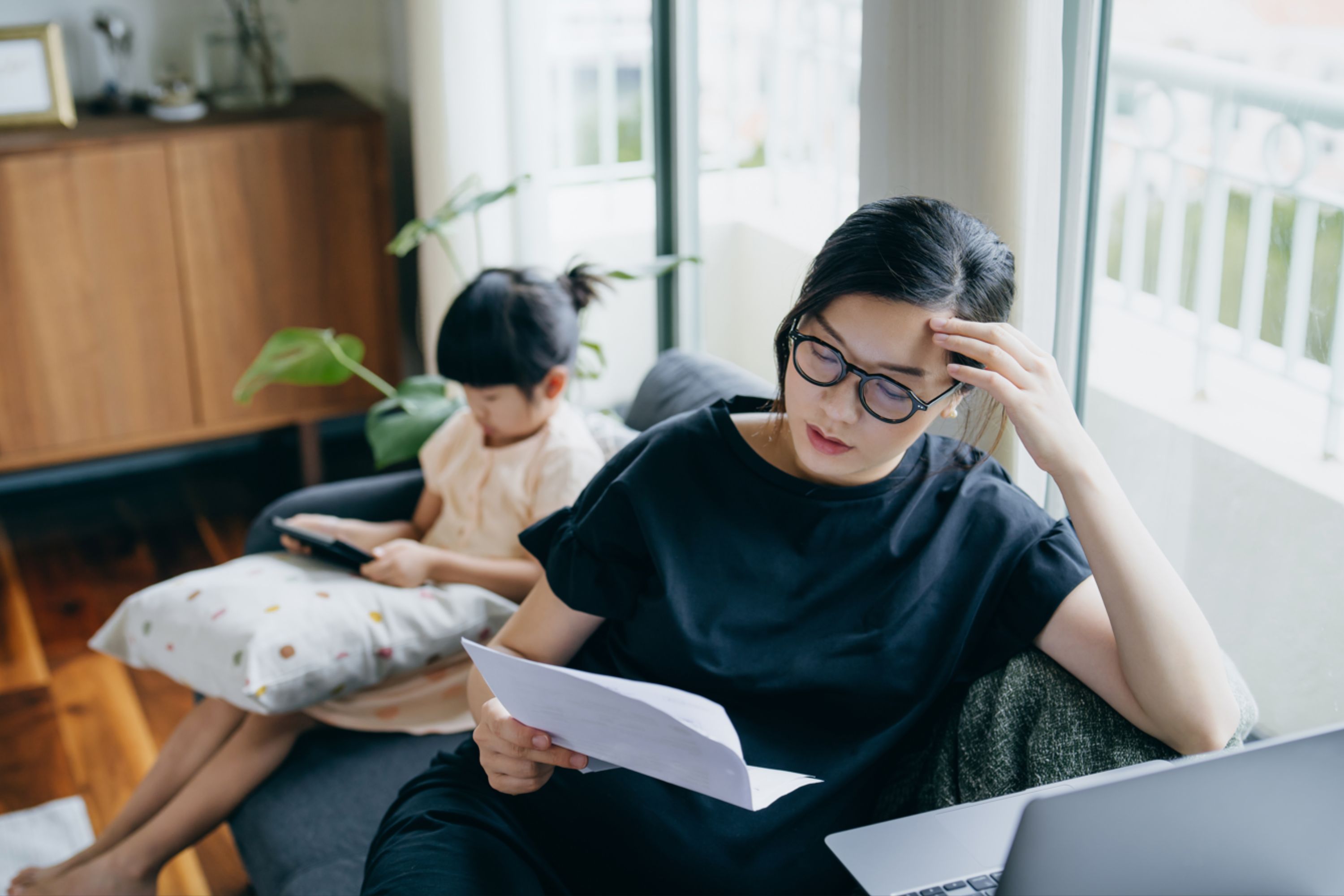
13. An underlying health problem
Depression, Seasonal Affective Disorder (SAD) and going through menopause can all make you feel tired, fed up and sluggish, as well as disrupt your sleeping pattern.
People who have SAD need a lot of sunshine to boost their mood and energy levels, so much so that many buy light boxes to simulate sunshine as a way of beating the winter blues. If you suffer from depression or are struggling with the symptoms of menopause, you can talk to your GP to find out about some possible remedies for your sleepless nights.
Other health problems that can make you tired include restless leg syndrome, hypothyroidism, diabetes, high and low blood pressure and Irritable Bowel Syndrome (IBS). Again, you should talk to your doctor or health provider if you are concerned.
14. Not drinking enough water
Being dehydrated is one of the most common reasons for feeling tired all the time, as your body is trying to work without enough water. This can cause periods of exhaustion, fatigue and low energy - as well as general tiredness.
A 2022 study found that fatigue was one of the most common presenting symptoms of dehydration. Common other symptoms of dehydration include thirst, dry skin and lips, dark urine or decreased urine output, headaches, muscle cramps, lightheadedness and dizziness.
The average recommended water intake for adults is around three litres per day, but you may need to drink more if you are pregnant or breastfeeding, in a hot environment, physically active for long periods, ill or recovering from illness, according to the NHS.
15. Too much tea or coffee
Caffeine is a quick pick-me-up, but it can stay in your body for five to six hours. “This means any consumption in the afternoon and evenings will still affect your brain when you’re trying to sleep at night,” says Dr Alison Bentley.
Ideally, you want to have your last cup at 3pm. But if you feel you need the caffeine, swap it to green tea. “Green tea has caffeine but also l-theanine, which mutes the excess stimulating effect of caffeine,” says nutritionist Dana James.
She also recommends avoiding non-organic drinks (i.e. teabags treated with pesticides, genetically modified organisms or synthetic fertilisers) to beat the afternoon slump. “Pesticide residue ends up in your coffee and that makes you feel tired,” she explains.
We spoke to the following experts:

James Wilson, AKA The Sleep Geek is a Sleep Behaviour and Environment Expert. He has successfully helped professional athletes, among others, to understand their sleep better and improve their sleep behaviours.

Founder and creative director of Drowsy Sleep Co. A cult UK beauty brand showcasing "The world's most luxurious sleep mask" and multiple award-winning, luxury sleep aids.
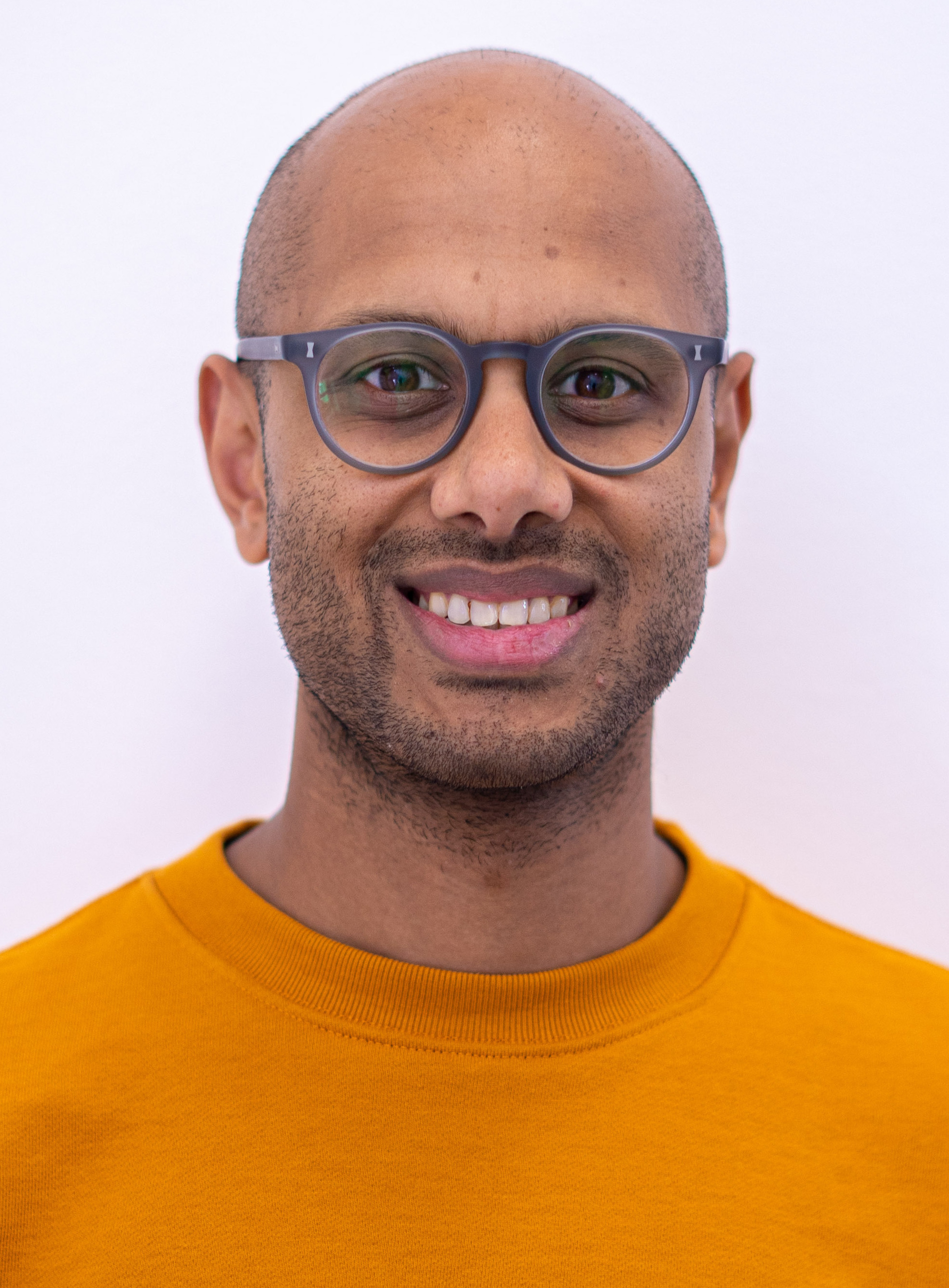
Dr. Vishal Shah is Medical Director at Thriva, and a GP with 15 years of experience working in the NHS. He has a special interest in lifestyle medicine and digital health. He is passionate about the role of technology to empower patients and creating innovative solutions to healthcare problems.

Ellie is GoodtoKnow’s Family News Editor and covers all the latest trends in the parenting world - from relationship advice and baby names to wellbeing and self-care ideas for busy mums. Ellie is also an NCTJ-qualified journalist and has a distinction in MA Magazine Journalism from Nottingham Trent University and a first-class degree in Journalism from Cardiff University. Previously, Ellie has worked with BBC Good Food, The Big Issue, and the Nottingham Post, as well as freelancing as an arts and entertainment writer alongside her studies. When she’s not got her nose in a book, you’ll probably find Ellie jogging around her local park, indulging in an insta-worthy restaurant, or watching Netflix’s newest true crime documentary.
-
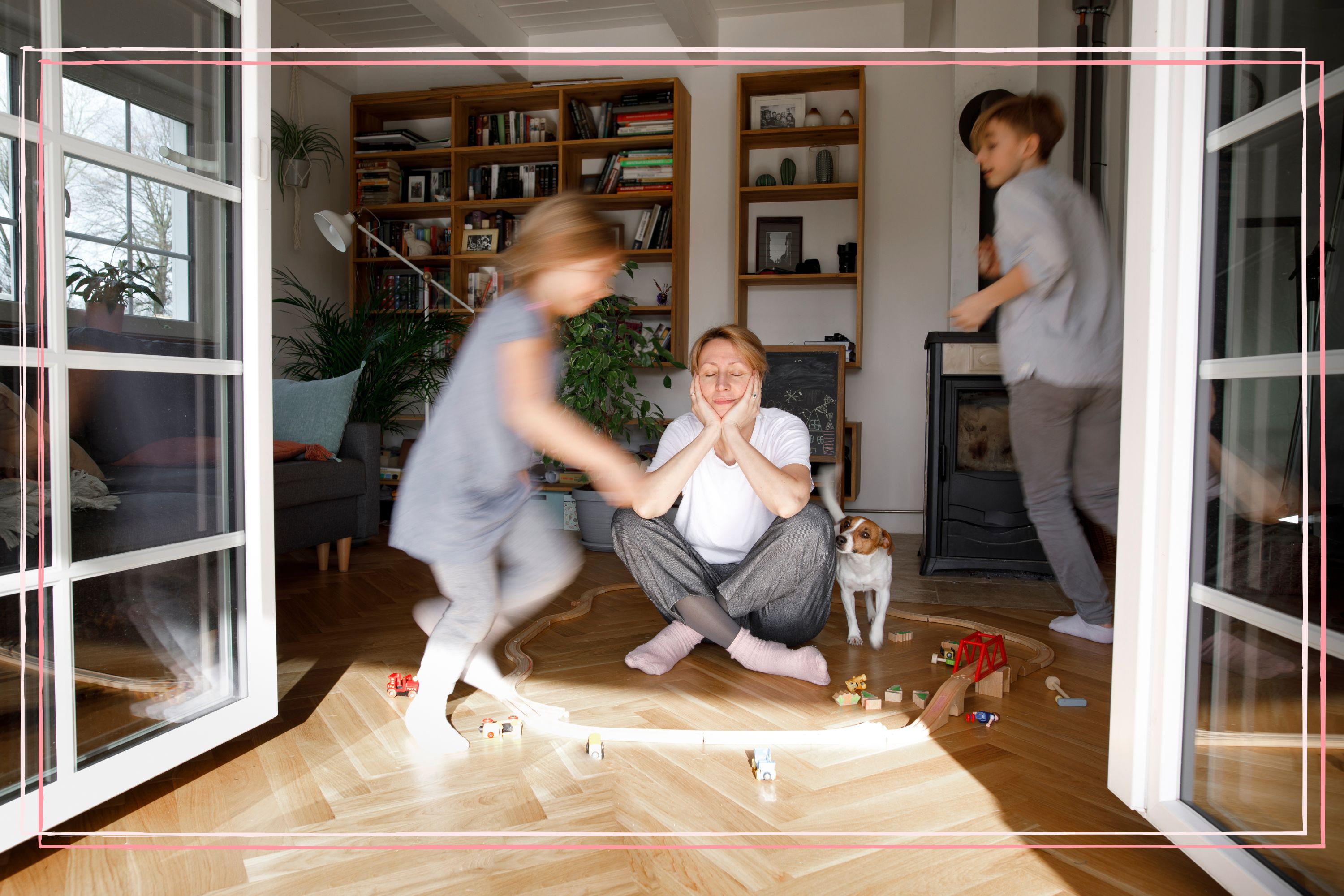 Sorry, parents - you might have 18 years of sleep deprivation ahead of you, as a new survey shows teens disrupt sleep just as much as toddlers do
Sorry, parents - you might have 18 years of sleep deprivation ahead of you, as a new survey shows teens disrupt sleep just as much as toddlers doA new survey has revealed that teens disrupt their parents' sleep just as much as toddlers do (and, sorry, it gets worse the more children you have).
By Ellie Hutchings Published
-
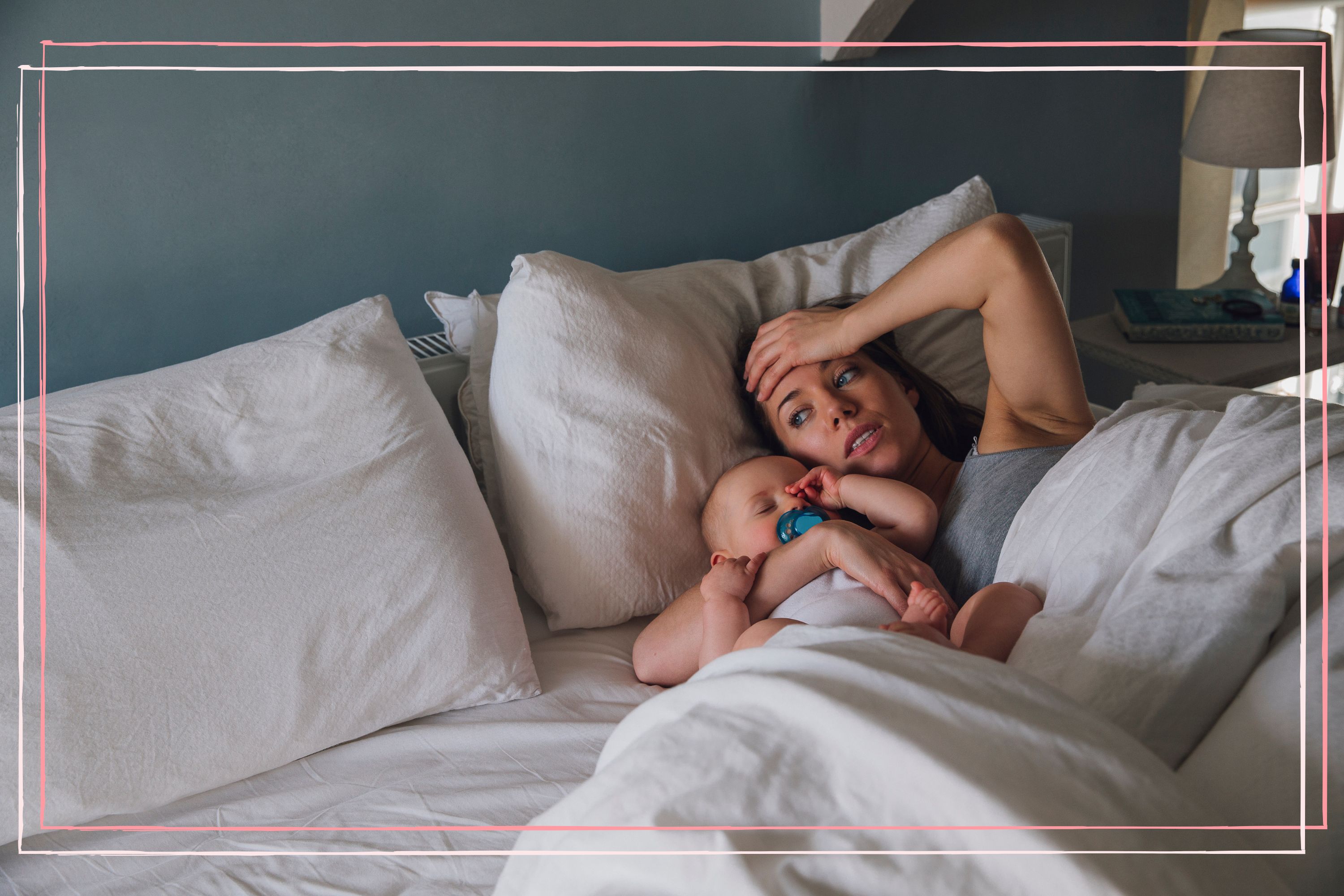 How to deal with lack of sleep as a new parent: 10 tips to help you survive when your newborn needs you through the night
How to deal with lack of sleep as a new parent: 10 tips to help you survive when your newborn needs you through the nightWe've asked the experts for their ideas on battling exhaustion if you're dealing with lack of sleep as a new parent
By Ellie Hutchings Published
-
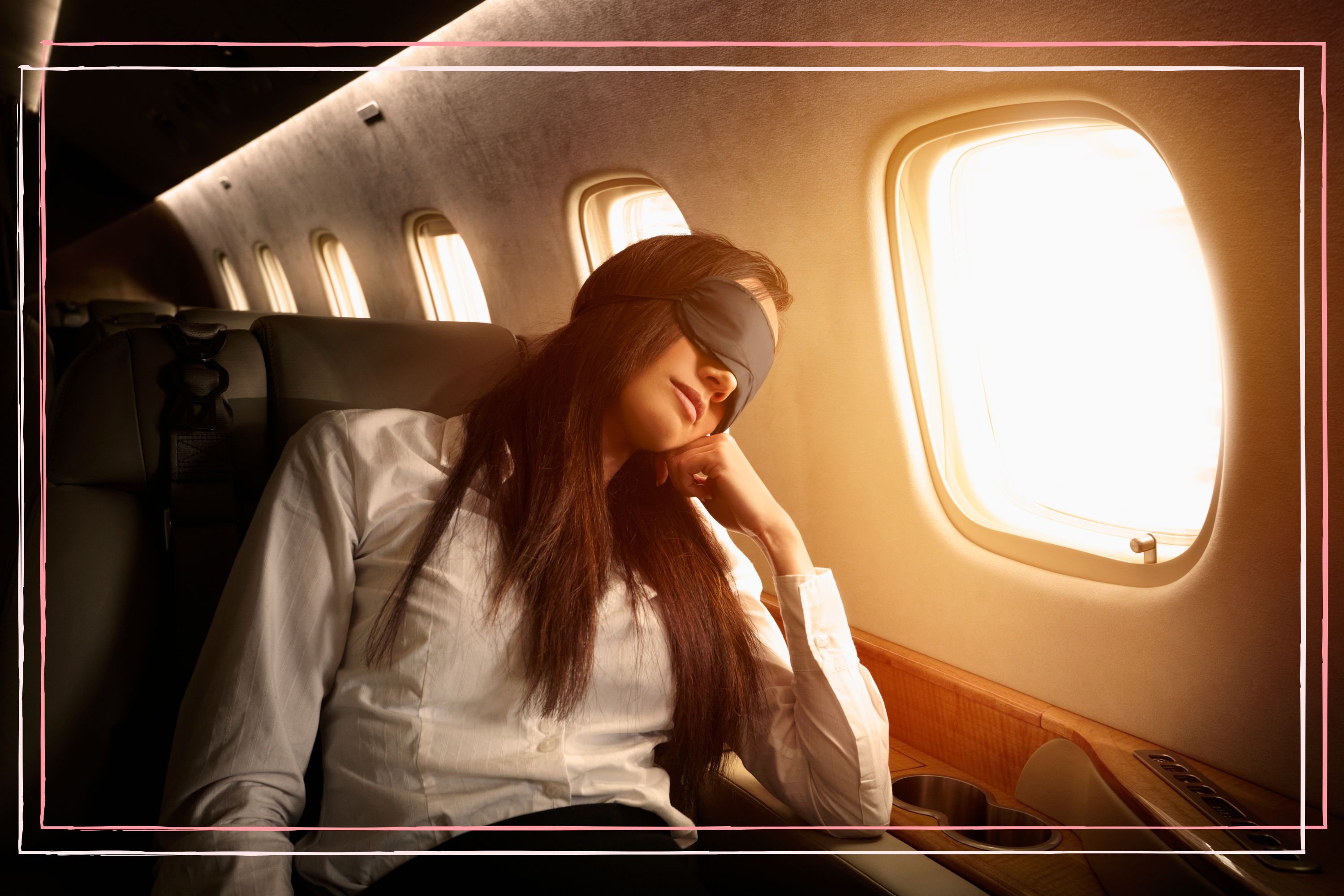 How to sleep on a plane: 14 expert tips and kid-friendly ideas for a more peaceful flight
How to sleep on a plane: 14 expert tips and kid-friendly ideas for a more peaceful flightThe experts share their best tips for getting to sleep on a plane, so you can start your next family holiday well-rested.
By Ellie Hutchings Published
-
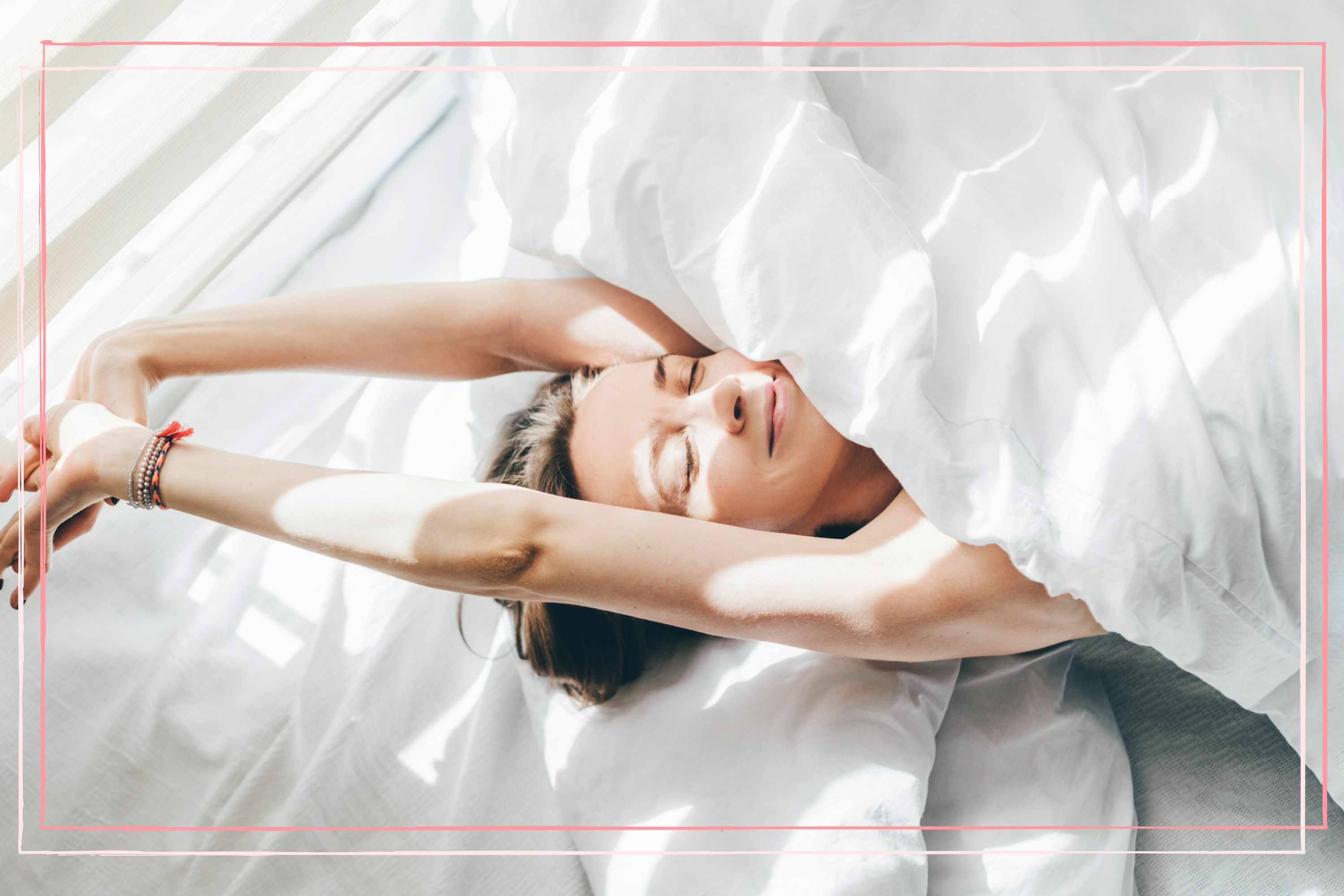 What are sleep affirmations and do sleep affirmations work?
What are sleep affirmations and do sleep affirmations work?Do sleep affirmations work? Our experts reveal how this night time practice can benefit your wellbeing.
By Rose Goodman Published
-
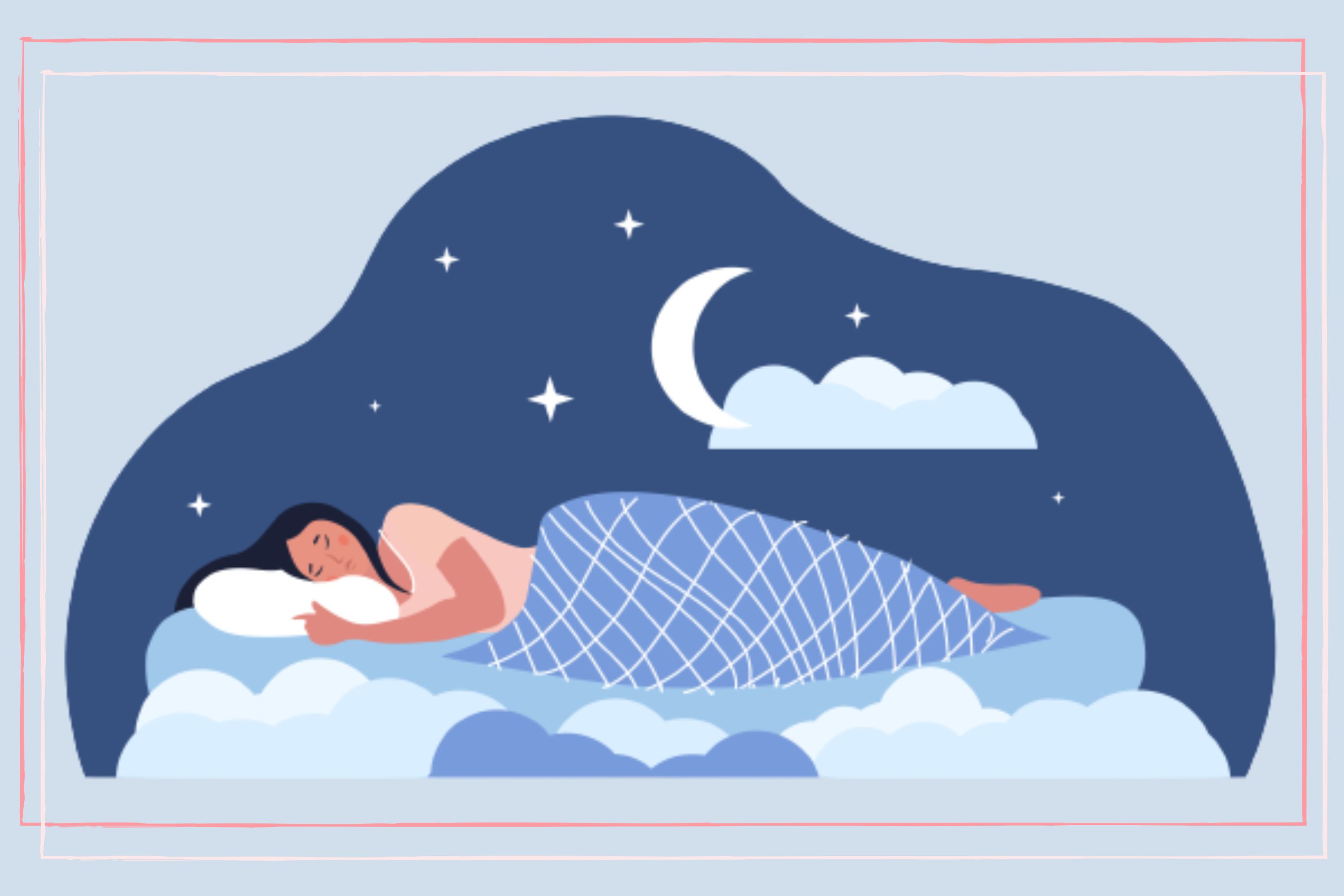 What does it mean when you dream about someone? This sleep expert explains why
What does it mean when you dream about someone? This sleep expert explains whyThese sleep experts have explained what it means when you dream about someone - whether it's a romantic partner, friend or family member.
By Robyn Morris Last updated
-
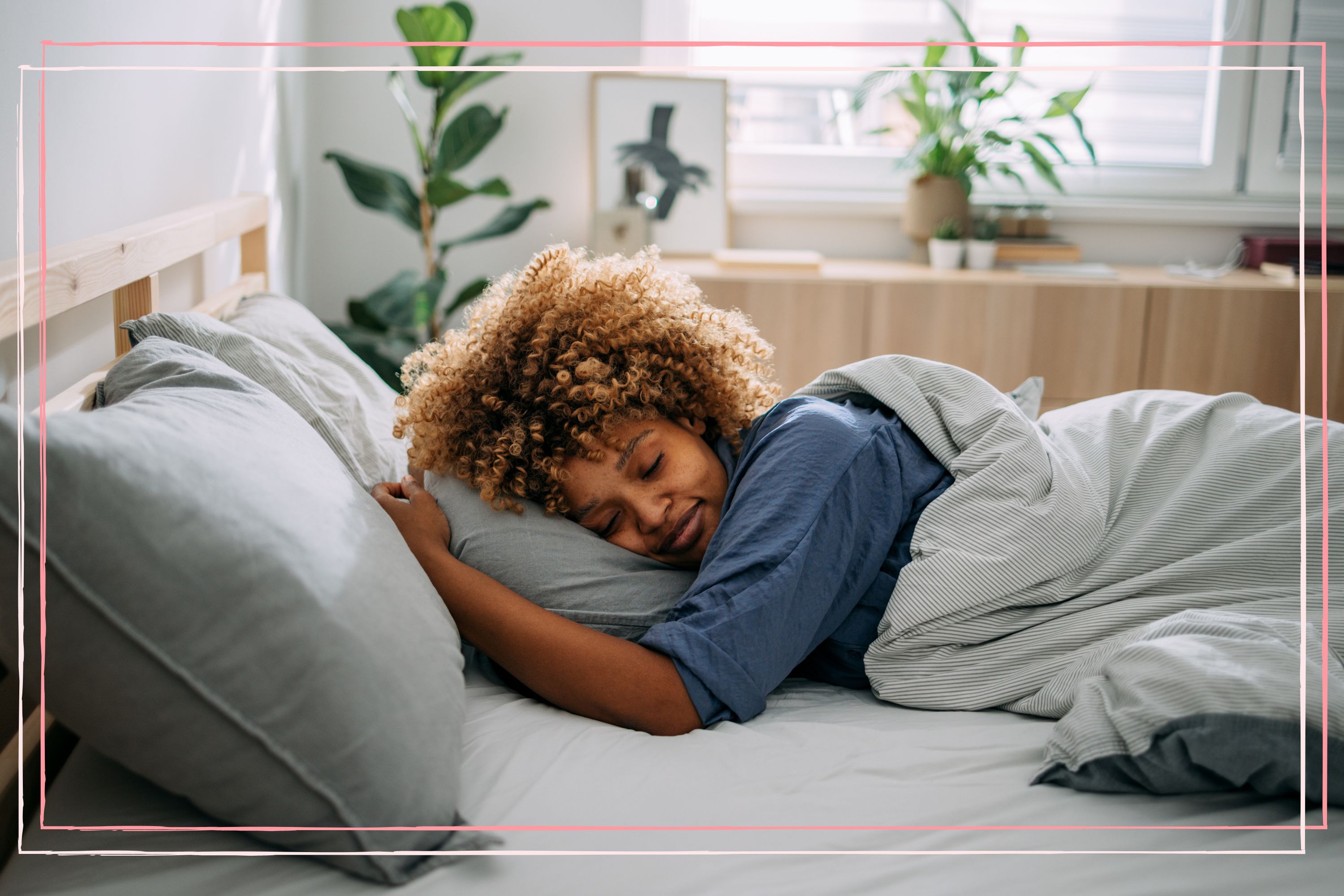 How much deep sleep do you need and 9 ways to get more of it as a new parent
How much deep sleep do you need and 9 ways to get more of it as a new parentWe've asked the experts to explain how much deep sleep you need and how to get more of it if your baby is keeping you up at night.
By Ellie Hutchings Last updated
-
 What does my dream mean? 14 of the most common dream meanings explained
What does my dream mean? 14 of the most common dream meanings explainedHave you ever dreamt that you were flying? Or that your teeth have fallen out? We've asked the experts to explain these dream meanings - and loads more!
By Ellie Hutchings Last updated
-
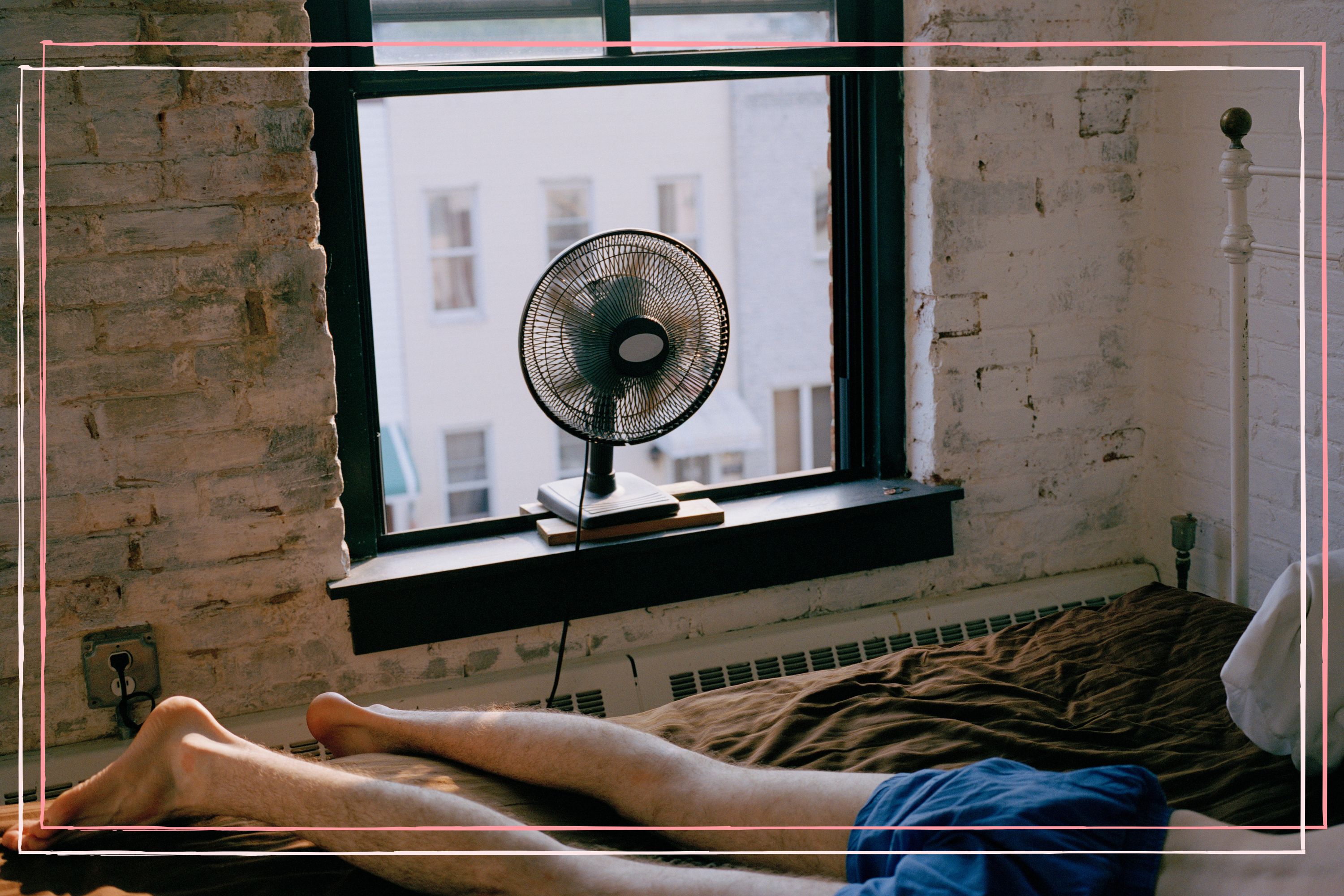 How to sleep in the heat: 25 expert tips for getting to sleep in a heatwave
How to sleep in the heat: 25 expert tips for getting to sleep in a heatwaveThese tips for how to sleep in the heat will help put an end to that unbearable tossing and turning on those sweltering summer nights.
By Anna Bailey Last updated
